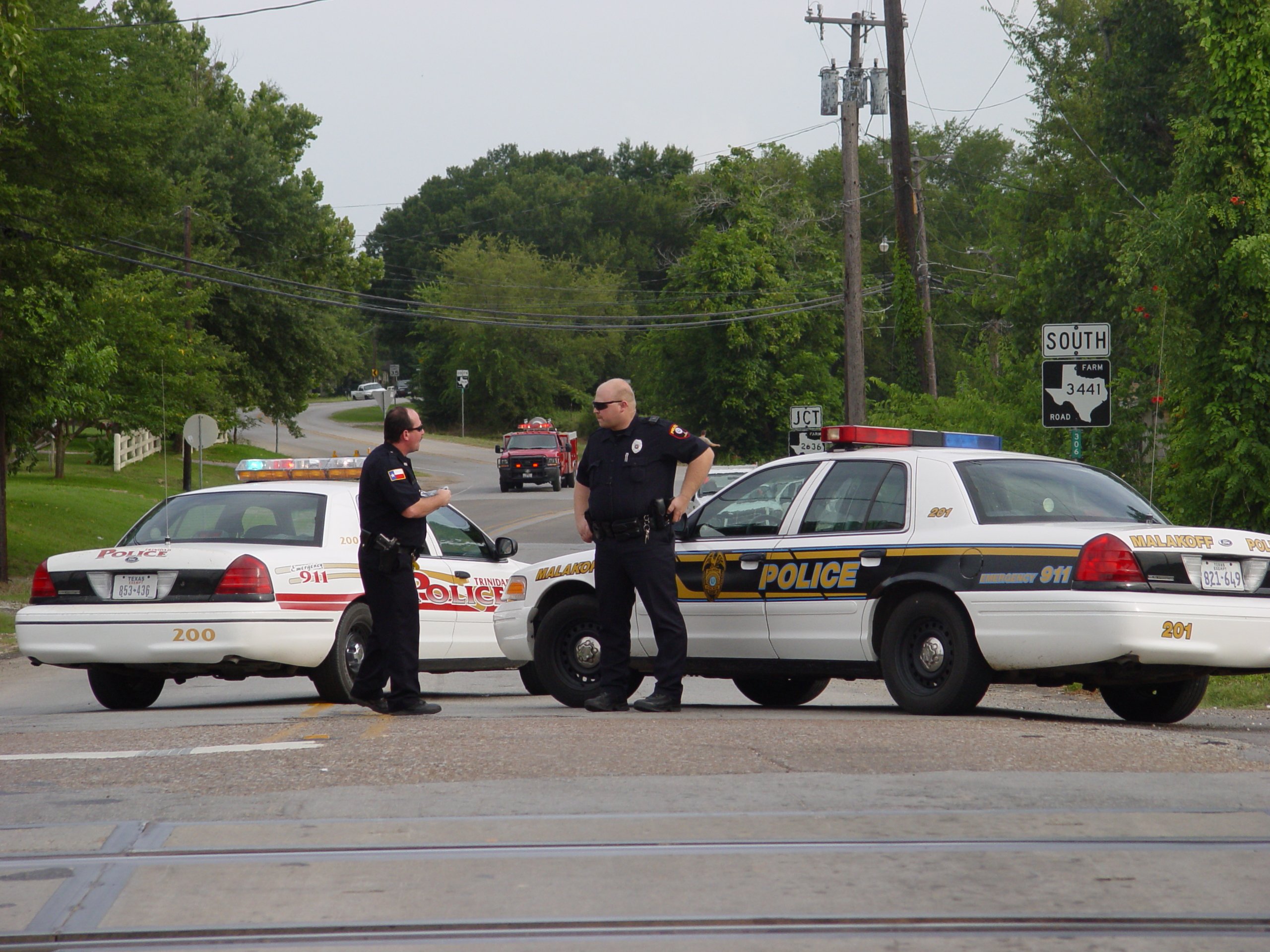 Can I Get a DWI While Riding a Bicycle in North Carolina?
Can I Get a DWI While Riding a Bicycle in North Carolina?
Riding your bicycle is a great way to get around town. You can ride your bike to get to and from work, to go visit friends, and for pleasure and exercise. When you ride your bike, you may not feel that you have to follow all the same rules that you do when you are behind the wheel of a car. Some people may even use their bicycle instead of a vehicle in an attempt to avoid getting a DWI. Unfortunately, you are still subject to the same traffic laws as when you drive a car. You can still get a DWI while you are riding a bicycle in North Carolina.
What is a Bicycle DWI?
A DWI, driving while impaired, is a term that applies to driving while having drugs or alcohol in your system. North Carolina law makes it illegal to drive with a blood alcohol concentration of 0.08% or higher. Blood alcohol concentration (BAC) is a measurement of the percentage of alcohol in the bloodstream. People metabolize alcohol differently based on various factors such as gender, weight, food intake, alcohol content, and more. Therefore, one person may reach a BAC of 0.08% after consuming one alcoholic beverage, while for another person, it could take several or more cocktails.
Charlotte DWI Lawyer Brad Smith answers the question: “How can an attorney help me with my DWI?”
Is a Bicycle a Vehicle?
Under North Carolina law, a bicycle fits the description of a vehicle for purposes of DWI. The law defines a vehicle as “every device in, upon, on, or by which any person or property is or may be transported or drawn upon a highway” and includes bicycles and electric bicycles. It is a broad law that also includes such vehicles as boats, lawnmowers, and golf carts. Penalties for bicycle DWI can be the same as those for regular DWI. This can include fines, jail time, community service, participation in alcohol programs, and more.
vehicles as boats, lawnmowers, and golf carts. Penalties for bicycle DWI can be the same as those for regular DWI. This can include fines, jail time, community service, participation in alcohol programs, and more.
Can the Police Stop a Bicycle Rider?
Generally, a bicycle rider must adhere to the same traffic laws as motorized vehicles. In some cases, law enforcement can stop bicycle riders if they fail to follow the law. For example, a bicycle rider can be stopped because they failed to stop at a light or stop sign or for other traffic infractions. A bicyclist can also be stopped for violating other laws, such as the failure to have lights on at night. In some cases, the police may stop a bicyclist if they suspect the rider has committed or is in the process of committing a crime.
Fight a Bicycle DWI
Some people ride their bicycles instead of driving because they want to avoid getting a DWI.
A bicycle DWI may not be as common as a typical DWI. If the police stop you on your bicycle and suspect that you are impaired, they may administer some field sobriety tests. If you are not charged with DWI, you could be charged instead with public intoxication. You will not be allowed to continue riding your bike because it is unsafe for you to do so. You will want to fight the charges against you in court. Contact our office at Arnold & Smith, PLLC, at (704) 370-2828 to get the legal support you need.
The criminal defense attorneys at Arnold & Smith, PLLC make it their mission to zealously defend their clients on a wide range of criminal matters at both the state and federal levels. These matters may include any charge from traffic offenses; DWI/DUI; drug charges (from simple possession to possession with intent to distribute and trafficking); gun permit denials; weapons offenses; and property crimes (larceny, breaking and entering, robbery, fraud, embezzlement, white collar offenses); to sexually related offenses (indecent exposure; sexual assault, crimes against nature, removal from sex offender registry); and violent crimes (domestic violence; assault; manslaughter; homicide, murder). Other legal issues that Arnold & Smith, PLLC criminal clients may be facing include restraining orders, restraining order and probation violations, expungements; appeals; and immigration issues related to criminal charges. Our criminal defense attorneys are passionate about ensuring that individuals empower themselves by being informed about their constitutional rights, and stand at the ready to fight in the defense of those facing criminal charges.
Source:
Image Credit:
https://www.freeimages.com/photo/little-discussion-1465225
See Our Related Video from our YouTube channel:
https://www.youtube.com/user/ArnoldSmithPLLC/videos
See Our Related Blog Posts:
What You Need to Know About DWI Checkpoints
 Charlotte Criminal Lawyer Blog
Charlotte Criminal Lawyer Blog


